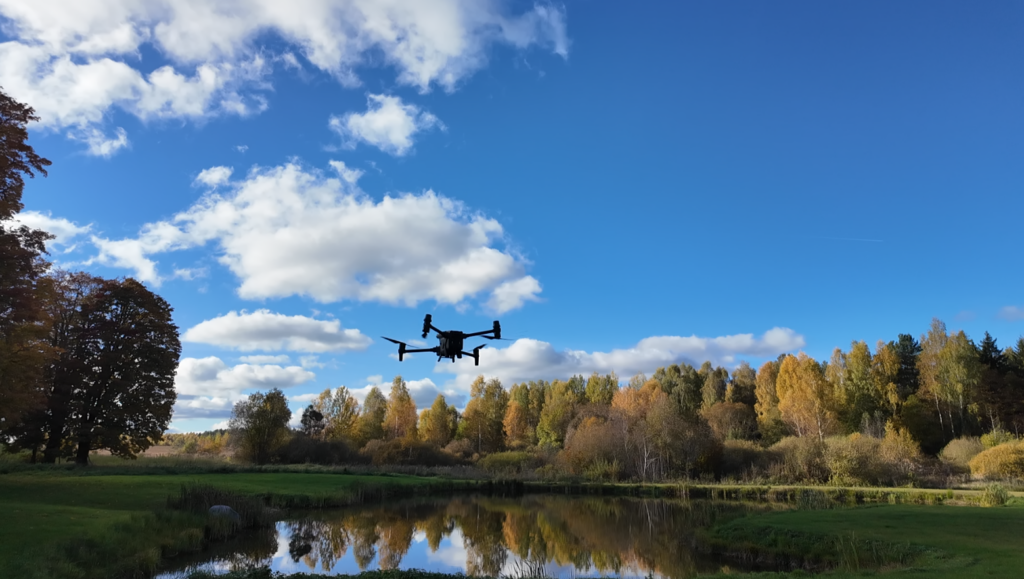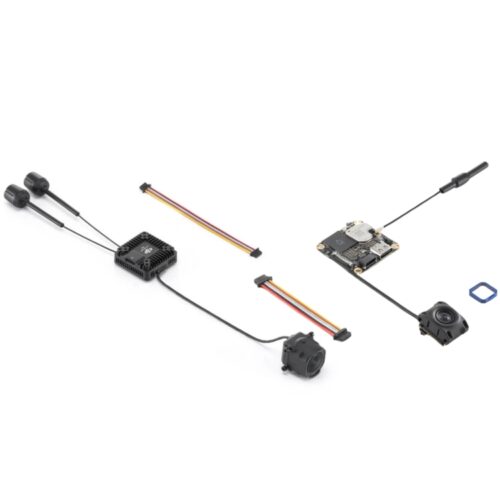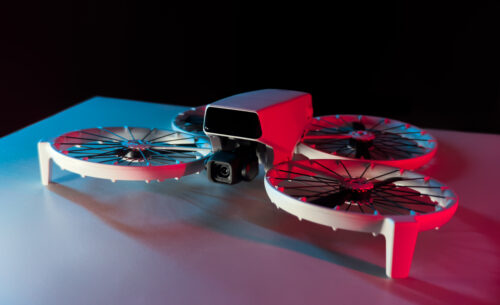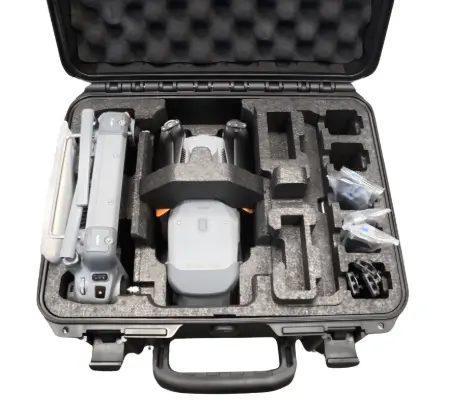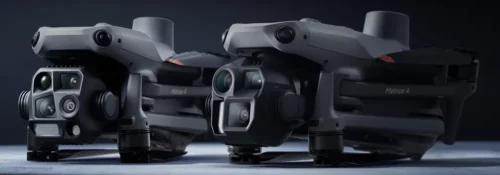Installing and Using the DJI Dock Station
< Atpakaļ uz sarakstu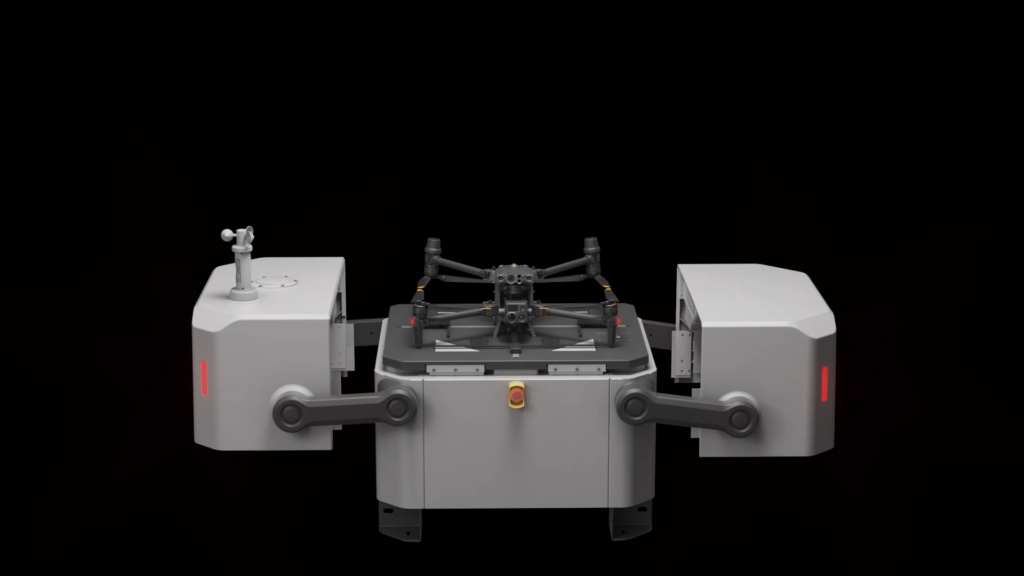
The launch of the DJI Dock is indeed a major breakthrough in the drone industry. This not only brings us one step closer to fully autonomous drone operations, but also opens up new possibilities for a variety of applications that were not possible until now.


About the DJI Dock itself
Drone docking stations have this great ability to operate unattended for extended periods of time outdoors while autonomously charging the drone's battery with minimal downtime
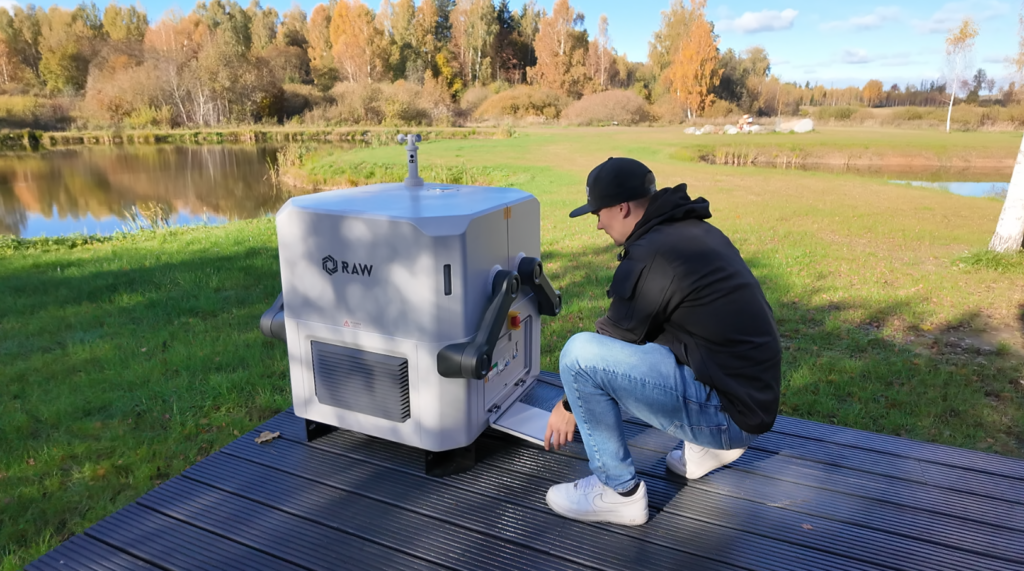
Smart charging and fast operation
Quick charging capabilities and a battery cooling system ensure drones are quickly charged and ready for the next mission. It can charge from 10% to 90% in about 25 minutes.
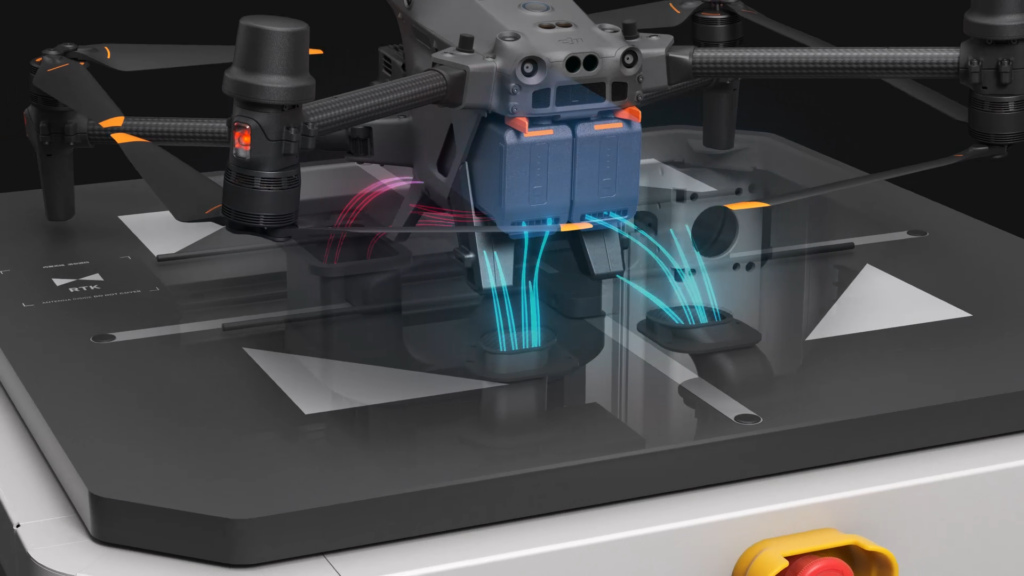
Automatic maintenance checks
90 kg, is very easy to set up and requires basic components such as a power source and internet connection and a few minutes to configure. The system also performs automatic checks to detect potential errors and ensure that the drone is in optimal flight conditions.
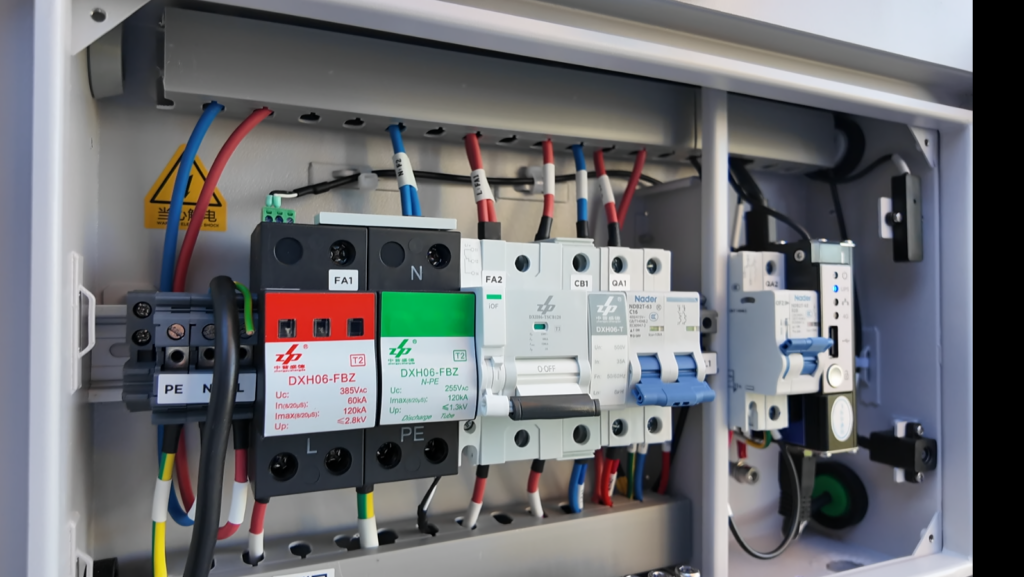
IP 55
Ability to operate outdoors for extended periods without supervision. To accomplish this, DJI engineers implemented a variety of waterproof and dustproof designs that were rigorously tested to achieve an IP55 degree of protection. In addition, the DJI Dock underwent reliability tests to ensure its ability to withstand extreme environmental conditions.
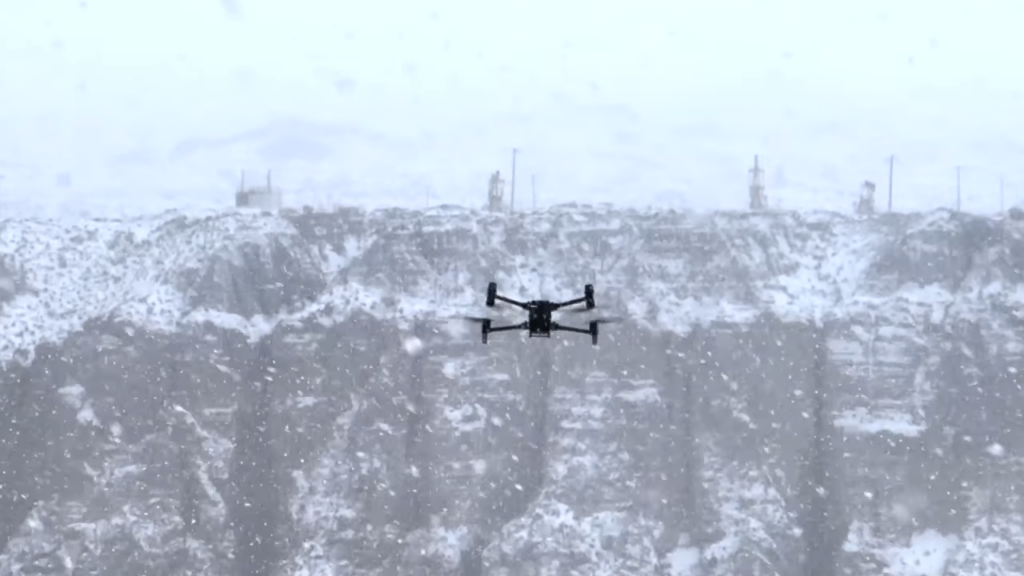
Energy availability
One of the most important factors to keep in mind is the availability of an uninterruptible power supply. A suitable location for constant power supply with few interruptions. Power grounding, surge protection, and cabling considerations are helpful if done ahead of time. The ideal power supply range is single-phase AC with a power greater than 1.5 kW and a voltage between 90 V and 264 V AC.
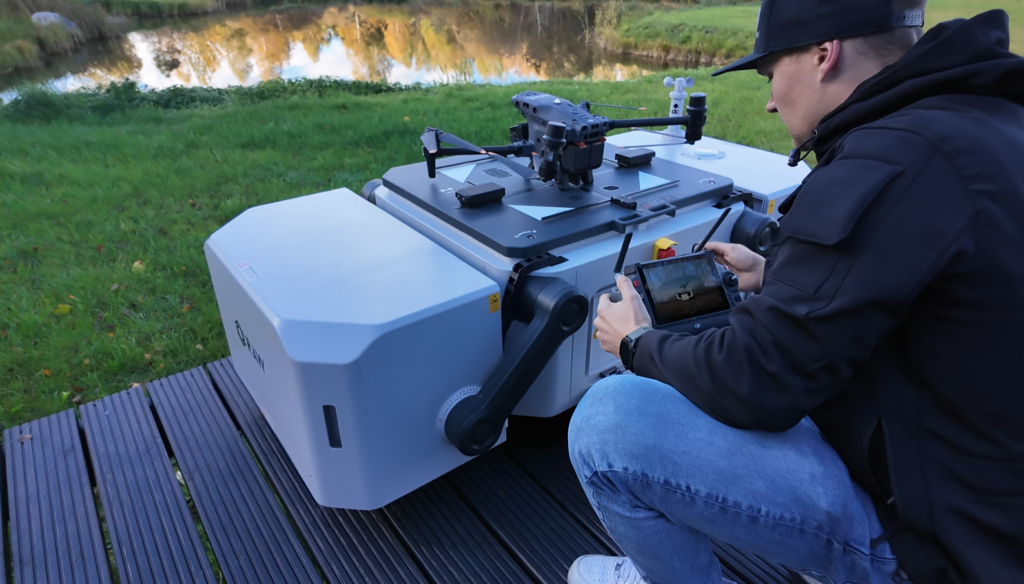
Geographical features
The terrain and topography of the site also play a crucial role in the placement of the dock. This is done to ensure that the dock is protected against any damage, including such as flooding. A flat, wide region with a clear line of sight to the sky and an altitude of 4,000 meters or less is ideal for minimizing all types of obstacles. Another consideration is that the area is not subject to water accumulation or lighting. To increase safety, a clear backup landing site 5 to 500 meters away at the same altitude as the DJI dock is recommended.
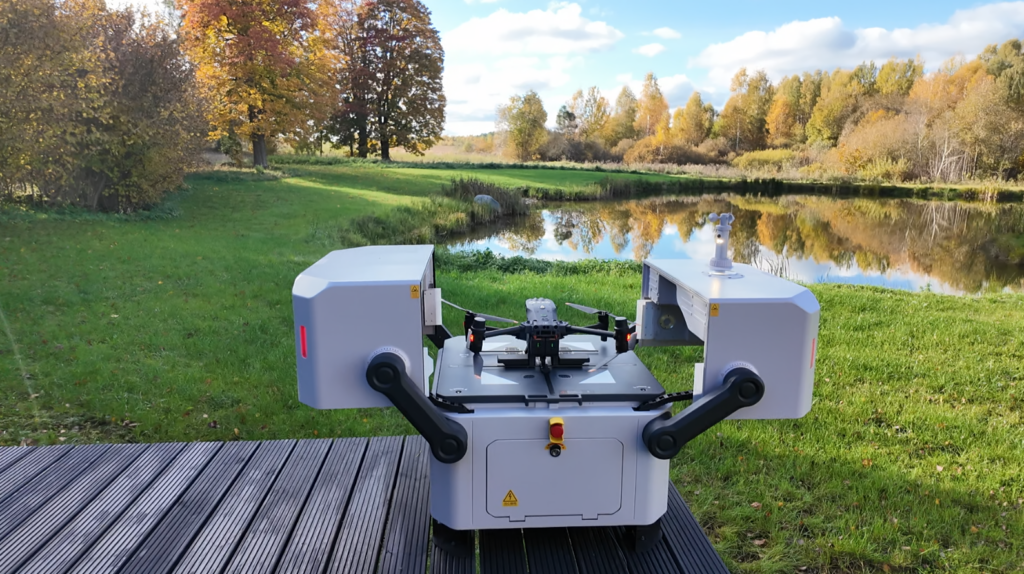
Wide area coverage
Fully charged, the M30T flies for 40 minutes and can conduct missions and inspections at a distance of up to 7 km.
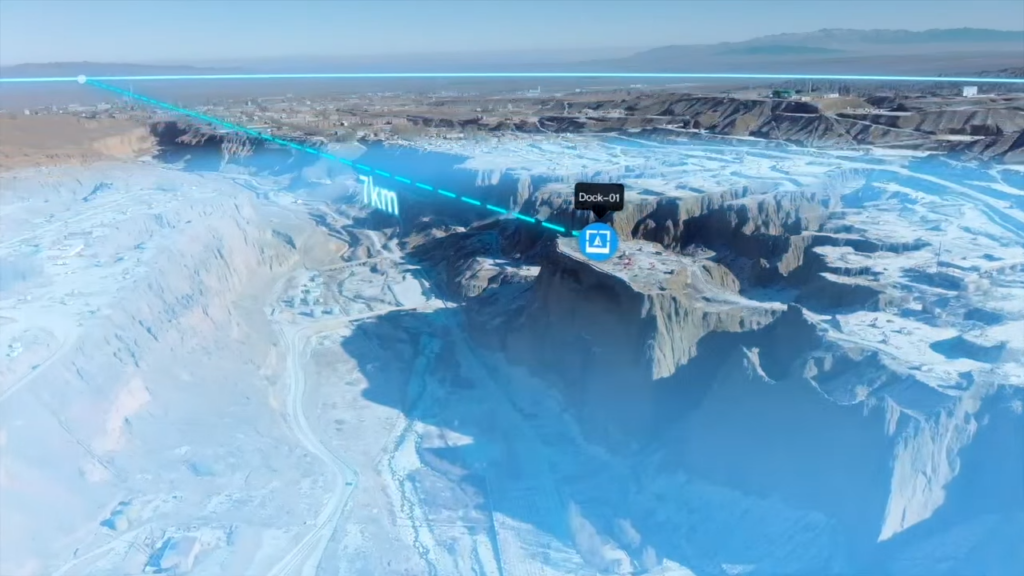
Target information at your fingertips
The docked version of the M30 series integrates wide-angle, zoom and thermal cameras (M30T only) with a laser rangefinder that together can capture the aerial data you need when you need it.
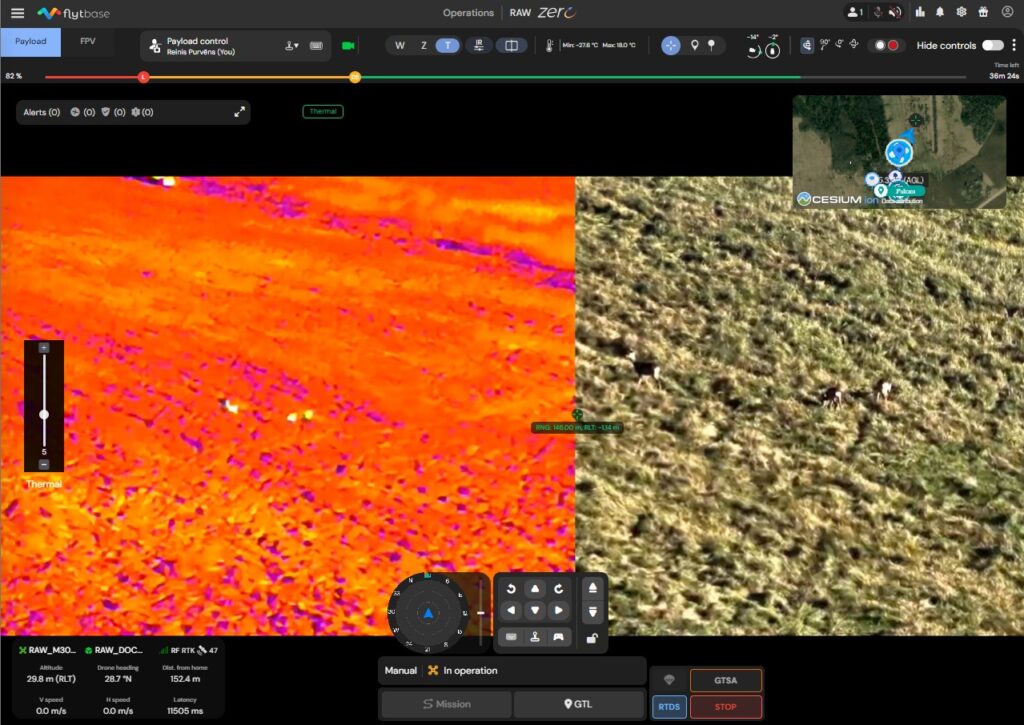
Conclusion
All in all, the DJI Dock Station is a very useful tool that contributes to the automation and efficiency of drones, offering a wide range of applications in various industries.
